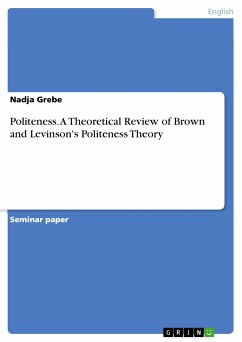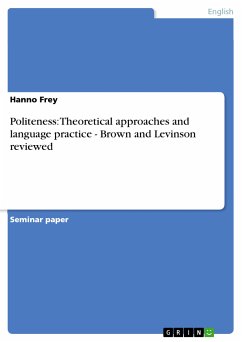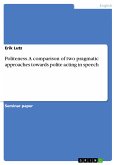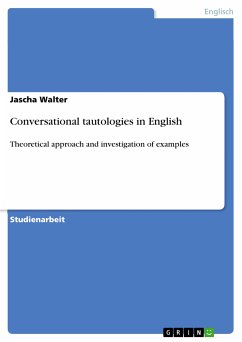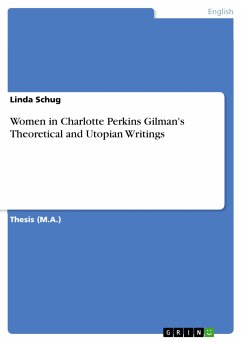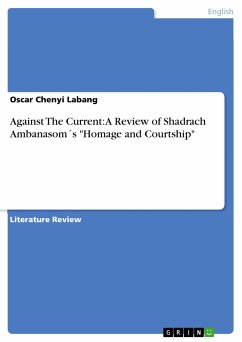Seminar paper from the year 2009 in the subject English Language and Literature Studies - Linguistics, grade: 1,0, Ernst Moritz Arndt University of Greifswald (Institut für fremdsprachliche Philologien), course: Core Pragmatics, language: English, abstract: As efficient communication plays a crucial, far-ranging role in our everyday life, it is highly interesting to examine how we transport the information we want to communicate. Yet, in contrast to what efficient might implicate, the actual language use is rather characterized by “indirectness and the flouting of Gricean maxims” (Blum-Kulka 1998: 50), than by clear and direct expressions. One of the main reasons for this process lies within the concept of politeness: Since, roughly speaking, the more indirect a request is being articulated, the more polite it will be considered. Thus, this paper aims to contemplate the aspect of politeness in interactions, as it greatly influences the choice of speech. Therefore, I will make use of Brown and Levinson’s notion of politeness and present their concept in theory before I will continue by questioning the practicability and universality of this model.

